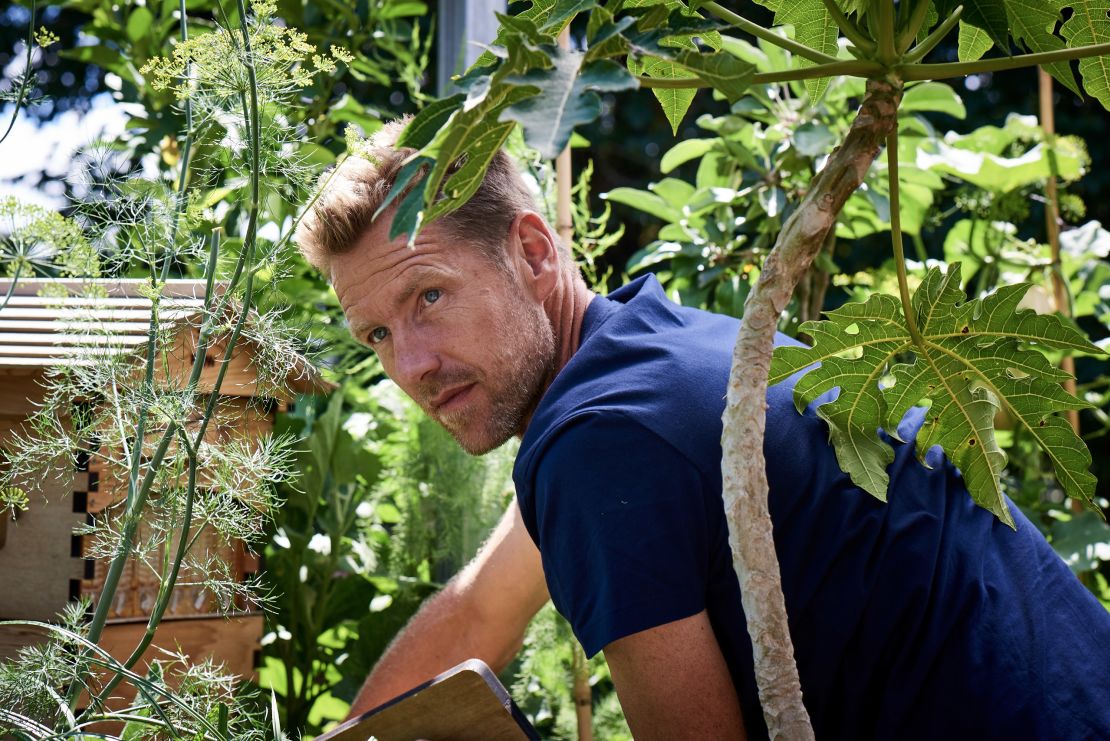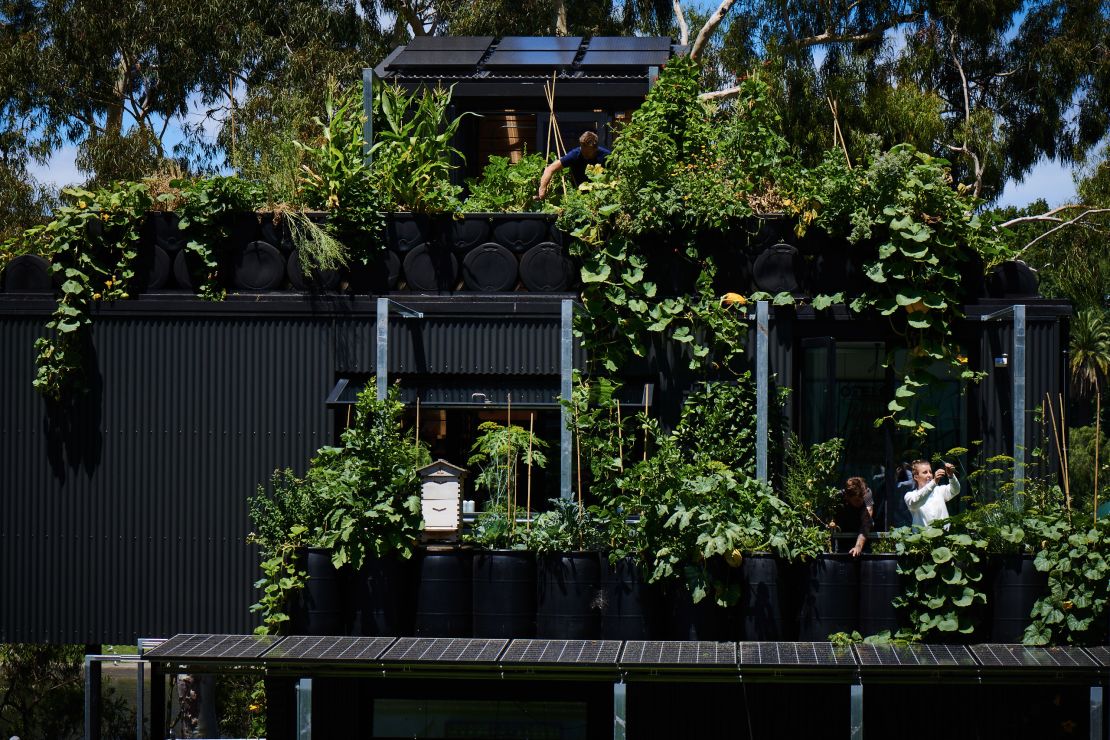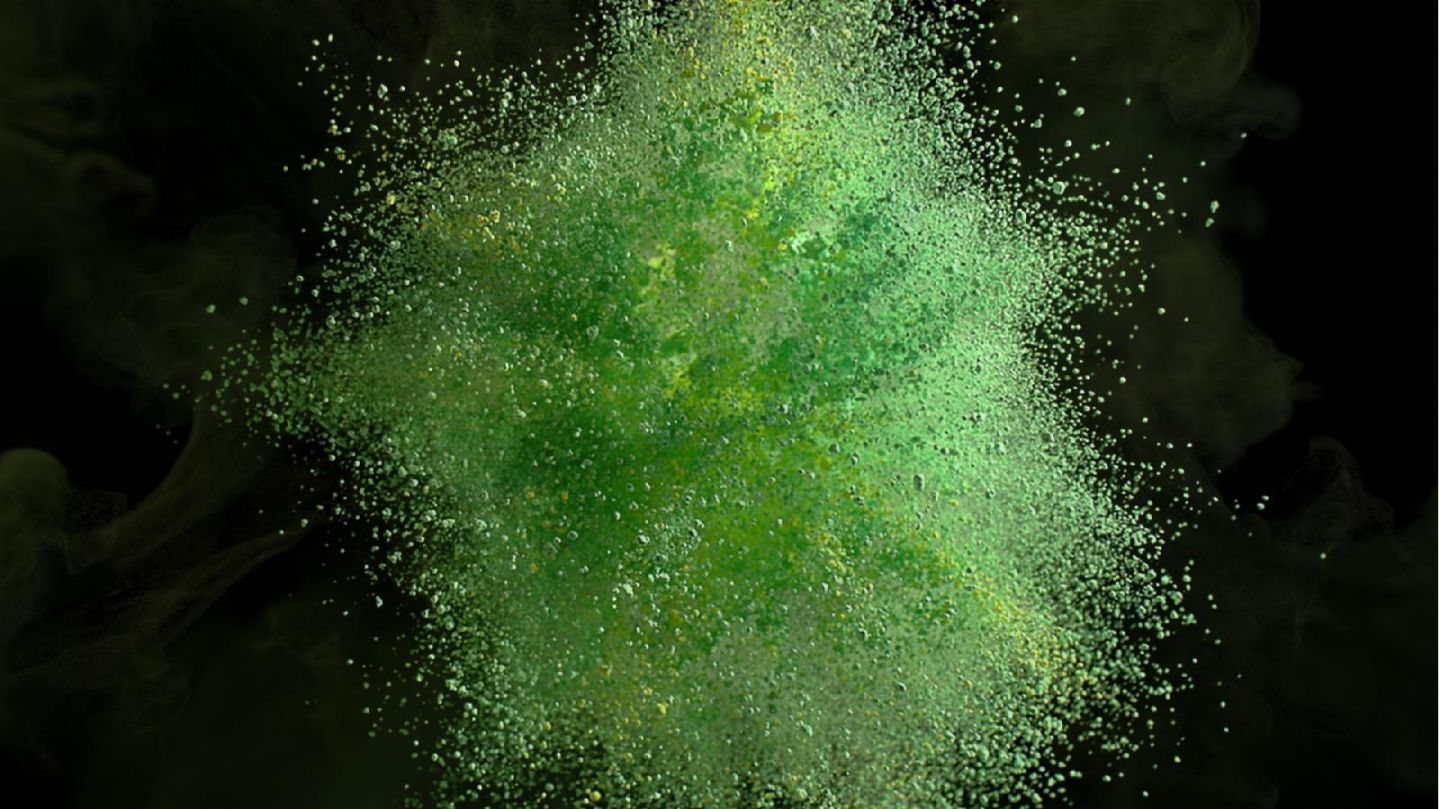In the heart of Melbourne, Australia, lies an 87-square-meter, three-story, two-bedroom and one-bathroom house. That may sound like a real estate advert, but it could be the home of the future.
Made entirely from organic materials and run on renewable energy, the building, known as “The Greenhouse,” is completely zero waste. It was designed by zero waste advocate Joost Bakker, as part of his Future Food System housing experiment.
“The greenhouse is inspired by nature – it’s an ecosystem where nothing is wasted,” Bakker tells CNN. Organic waste is fed into a biodigester where it ferments and is turned into gas for cooking or fertilizer for produce; rainwater is harvested and used for irrigation and an aquaponics system, where plants grow using waste from on-site fish; and hot steam from the shower enables a wall of mushrooms to thrive.

The design of the house is topsy-turvy, says Bakker, with the roof as the foundation, loaded with 35 tons of soil. That helps hold the building in place, he says, and provides fertile ground for cultivating produce – more than 200 plant species grow on the roof terrace, as well as insects, snails, fish, mussels, crustaceans and chickens.
House and home
The site is more than just a model home – for the last 10 months it’s been a real one for Jo Barrett and Matt Stone, who were also chefs at the small in-house restaurant.
Read: Preserving the last quiet places on the planet
Since January, they have been cooking up meals three days a week (except during the periods when Melbourne has been in a Covid-19 lockdown), serving a multi-course menu using only what’s grown on site. Picture vegan crème caramels made from tiger nuts and honey harvested from the rooftop’s beehives, and falafel balls containing crickets, for a nutritional boost.
“To be able to grow and produce food on a tiny footprint in the middle of the city and turn it into exciting dishes is completely unique,” says Stone.
In November, the chefs are moving out to make way for public tours supported by the City of Melbourne. These will include school trips and every Friday guests will be invited to cook from the house.
Read: A huge wildlife camera trap study has been turned into a game
While the Greenhouse only has a permit to stay in Melbourne’s Federation Square until the end of next April, the ecosystem will live on, as the house is set to be relocated outside of the city, becoming a permanent home for Bakker’s mother.
Urban ecosystem
Through the Greenhouse project, Bakker wanted to demonstrate he could feed a family with his self-sustaining house design. “I think we’ve proved that it’s actually much more productive than even I had imagined,” he says. “We’ve harvested 35 kilos of potatoes from a square meter.”
He hopes the example will offer a blueprint to future homes and a viable alternative to the current food system, which is responsible for more than a third of the world’s greenhouse gas emissions. Creating a circular system could also help to drastically reduce food waste, of which there is 1.3 billion tons a year, costing the global economy $940 billion.
“We’re the only species that generates waste. In nature, there is no waste; everything becomes a food source for something else,” says Bakker. “If we transition to a circular economy, we have so much potential to stop the destruction of wilderness and forest.”

Bakker’s dream for creating a sustainable food system dates back to when he was 12 years old, soon after his family emigrated from the Netherlands to Australia. It became reality in 2008, when he set up a series of pop-up restaurants in Australia that used ingredients grown on site. Their success led him to opening Silo, a permanent, zero-waste restaurant in Melbourne, in 2012.
However, Bakker has never felt such hype behind the movement as he does now. He believes the Covid-19 pandemic has brought people closer to home and to nature and the interest in self-sufficient food has soared. “I think we’re living in the middle of a revolution,” he says.











